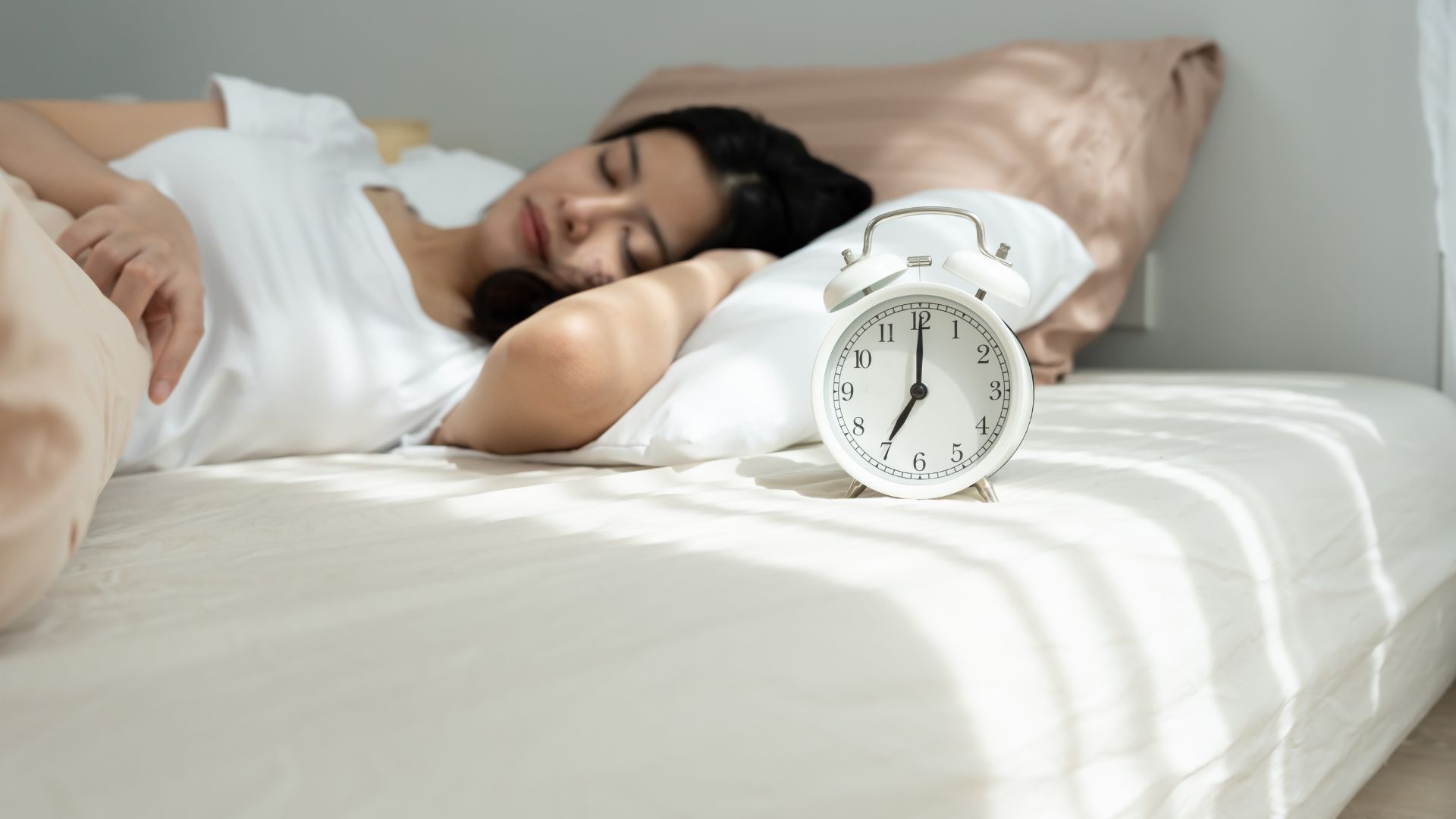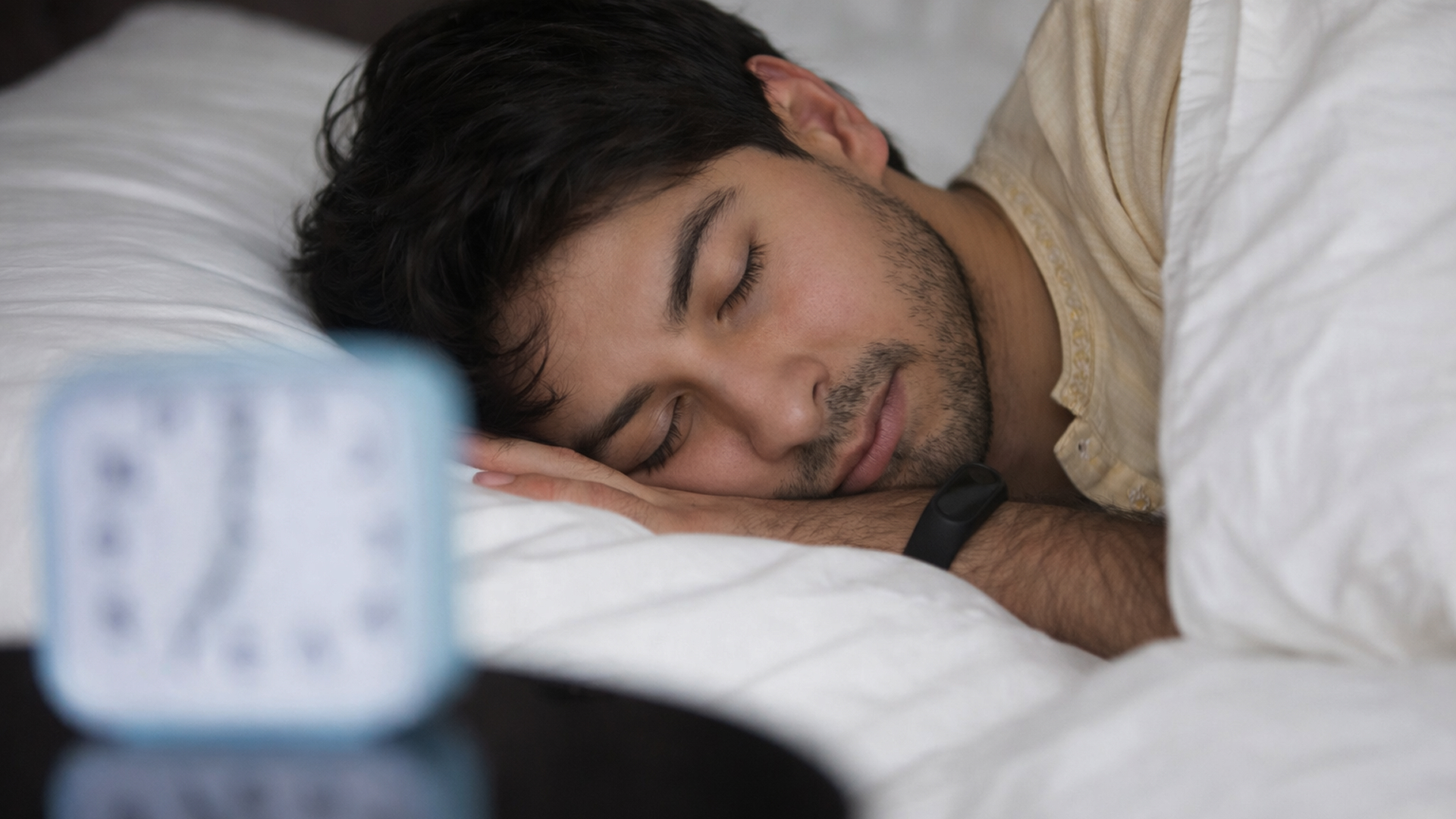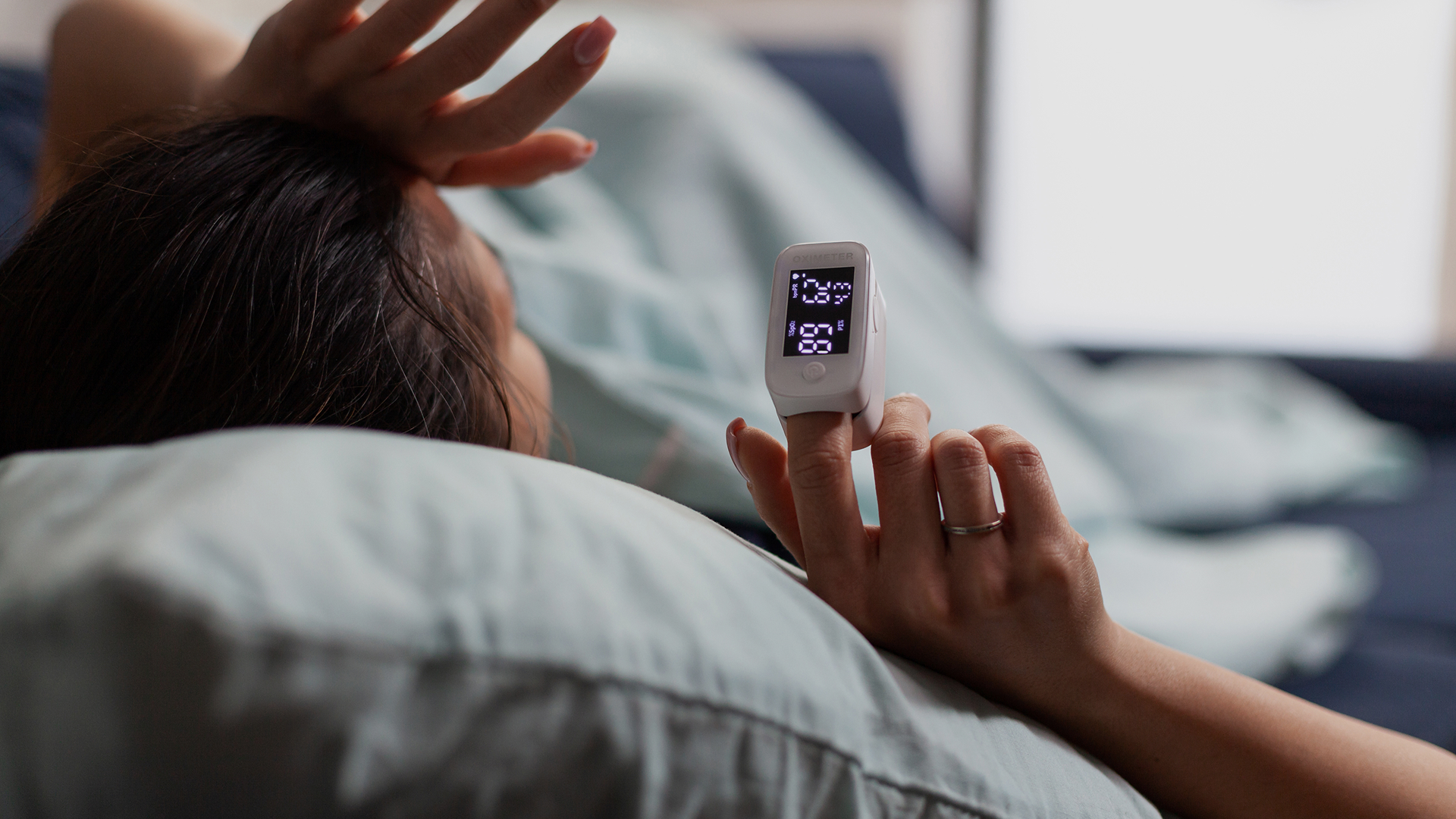Shift work, especially night shifts or rotating shifts, can have a significant impact on your sleep quality and overall health. It disrupts the body’s natural circadian rhythm, which is the internal clock that regulates sleep and wake cycles. This misalignment can lead to chronic sleep disturbances, fatigue, and even insomnia.
How Shift Work Impacts Sleep?
Our bodies are naturally programmed to be awake during the day and asleep at night. When you work irregular hours or overnight shifts, your internal clock struggles to adjust, making it harder to fall asleep and stay asleep during the day. This leads to a condition known as Shift Work Sleep Disorder (SWSD), characterized by insomnia, excessive daytime sleepiness, and reduced alertness.
Common Sleep Issues Caused by Shift Work:
- Insomnia – Difficulty falling or staying asleep during off-hours.
- Sleep deprivation – Shortened or poor-quality sleep.
- Daytime fatigue – Low energy and concentration issues.
- Mood disturbances – Irritability, anxiety, or depression.
- Increased risk of health problems – obesity, heart disease, and diabetes.
- Long-term complications include lower immunity, increased predisposition to allergies and infections, colon cancers and heart attacks.
Tips to Manage Sleep While Doing Shift Work
- Stick to a consistent sleep schedule – Even on days off, try to go to bed and wake up simultaneously to regulate your internal clock.
- Create a dark, quiet sleep environment – Use blackout curtains, white noise machines, and limit noise exposure to mimic nighttime conditions.
- Avoid caffeine and heavy meals before bed – These can interfere with your ability to fall asleep.
- Take strategic naps – Short naps (20–30 minutes) before or during your shift can help improve alertness.
- Use light exposure wisely – Get bright light exposure during your shift and avoid it when returning home to help reset your circadian rhythm.
- Consider melatonin supplements – Consult a healthcare provider before using melatonin to help manage sleep timing.
When to Seek Doctor Help?
If shift work is consistently interfering with your ability to get restful sleep and you are experiencing signs of chronic insomnia, it may be time to consult a sleep specialist. Proper diagnosis and treatment can greatly improve your sleep and overall well-being.
Why Choose Remesleep?
At Remesleep, we specialize in diagnosing and treating sleep disorders, including insomnia and Shift Work Sleep Disorder. Whether you’re dealing with sleep apnea, CPAP management, or circadian rhythm issues, our expert team provides personalized, science-backed solutions.
- Expert support for shift-related sleep issues
- Comprehensive evaluation and treatment plans
- Contactless sleep labs to diagnose your sleep disorder without the need to get admitted for a sleep study or get connected to wires to get your sleep patterns and sleep stages
- Support with CPAP usage and Sleep Apnea therapy
- Compassionate, experienced sleep experts






